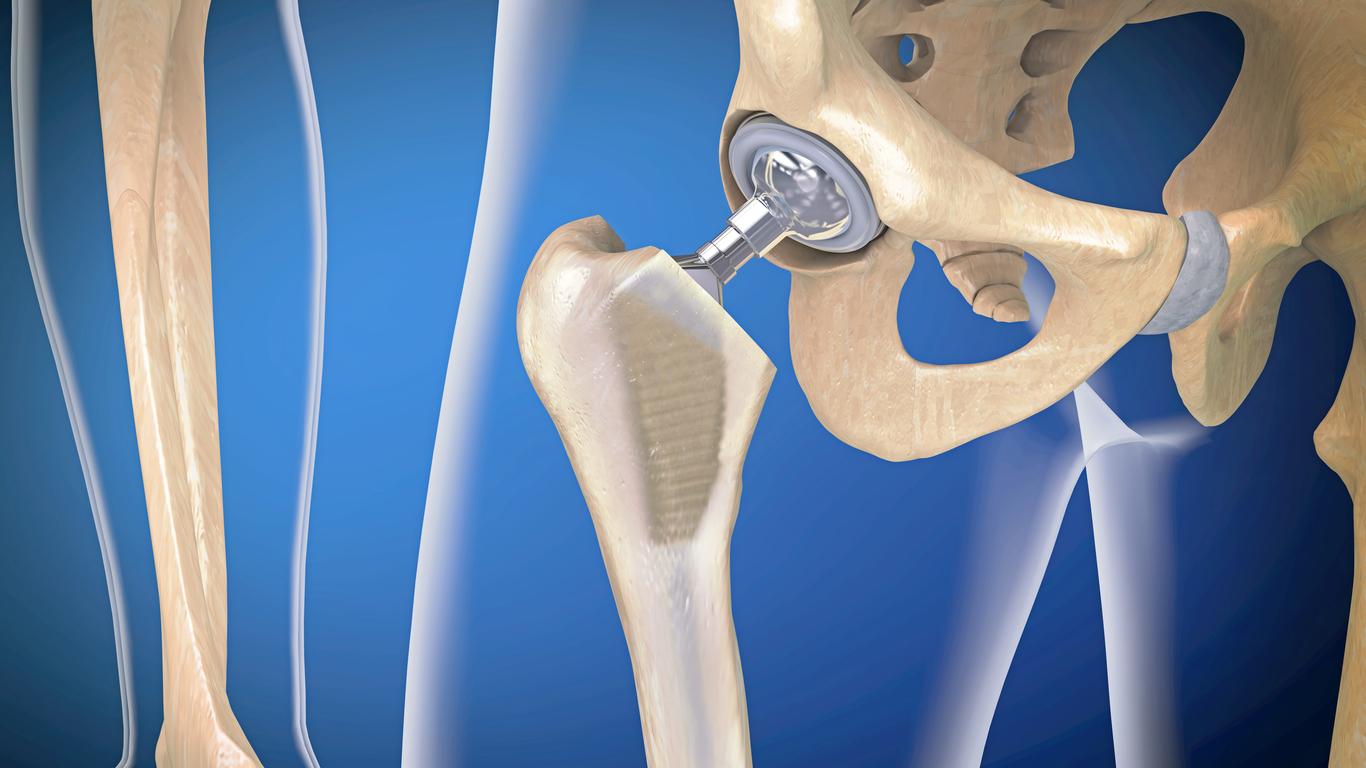The United States health authority, the FDA, has just given authorization to the French company Carmat for a clinical trial. An artificial heart can be transplanted into ten patients.

This is a new stage in the history of Carmat. This French company has developed an artificial heart, intended for people suffering from terminal heart failure. The FDA (Food and Drug Administration), the highest American health authority, has just approved the launch of a so-called “feasibility” clinical trial in the United States. This study will involve 10 eligible patients, who will undergo heart transplantation at seven clinical centers across the country. The primary endpoint will be patient survival within 180 days of implantation, or six months. A 60-day milestone is planned for the first three patients, before the recruitment of the other seven. In one communicated, the managing director of Carmat, Stéphane Piat, welcomes this news. “Given the ongoing approval procedures with the ethical committees of the selected centers and the discussions on the possible reimbursement of treatment costs, we anticipate the start of patient recruitment in the 4and quarter of 2020”, he specifies.
A suspended clinical trial
This decision is a victory for Stéphane Piat, engaged in a standoff with the French health authorities for years. Indeed, in 2016, the ANSM (National Agency for the Safety of Medicines and Health Products) suspended the clinical trial after the death of the fifth transplant patient in France. It was at this time that Carmat seriously considered relocating its trials abroad, particularly to the United States. After proving that the death of this patient was linked to improper handling of the batteries by the patient himself and not to a malfunction of the prosthesis, Carmat was authorized to resume its clinical trials in 2017. Since then, the company has keeps quiet about new transplants. We know that some were made in Kazakhstan or the Czech Republic, without further details.
Are the French regulations in question?
The company assures that the first transplant carried out abroad, in Kazakhstan, “was carried out […] in compliance with the PIVOT study protocol approved by the ANSM and in accordance with local authorisations.” If the choice of this country remains mysterious, the company has shown its choice to extend its transplants to other European countries in order to obtain the CE marking, which allows a product to be sold in the 27 Member States as well as in Iceland, Norway and Liechtenstein. However, France has its own regulations, beyond the European rules. Thus, the ANSM applies the precautionary principle. “This principle is outdated in many countries where we speak rather of benefit/risk”, explained Stéphane Piat in early 2017 in the columns of the Parisian, adding that the Americans “are more flexible and more pragmatic”. With the launch of this next clinical trial in the United States, Carmat could thus access the flourishing American market.

.















